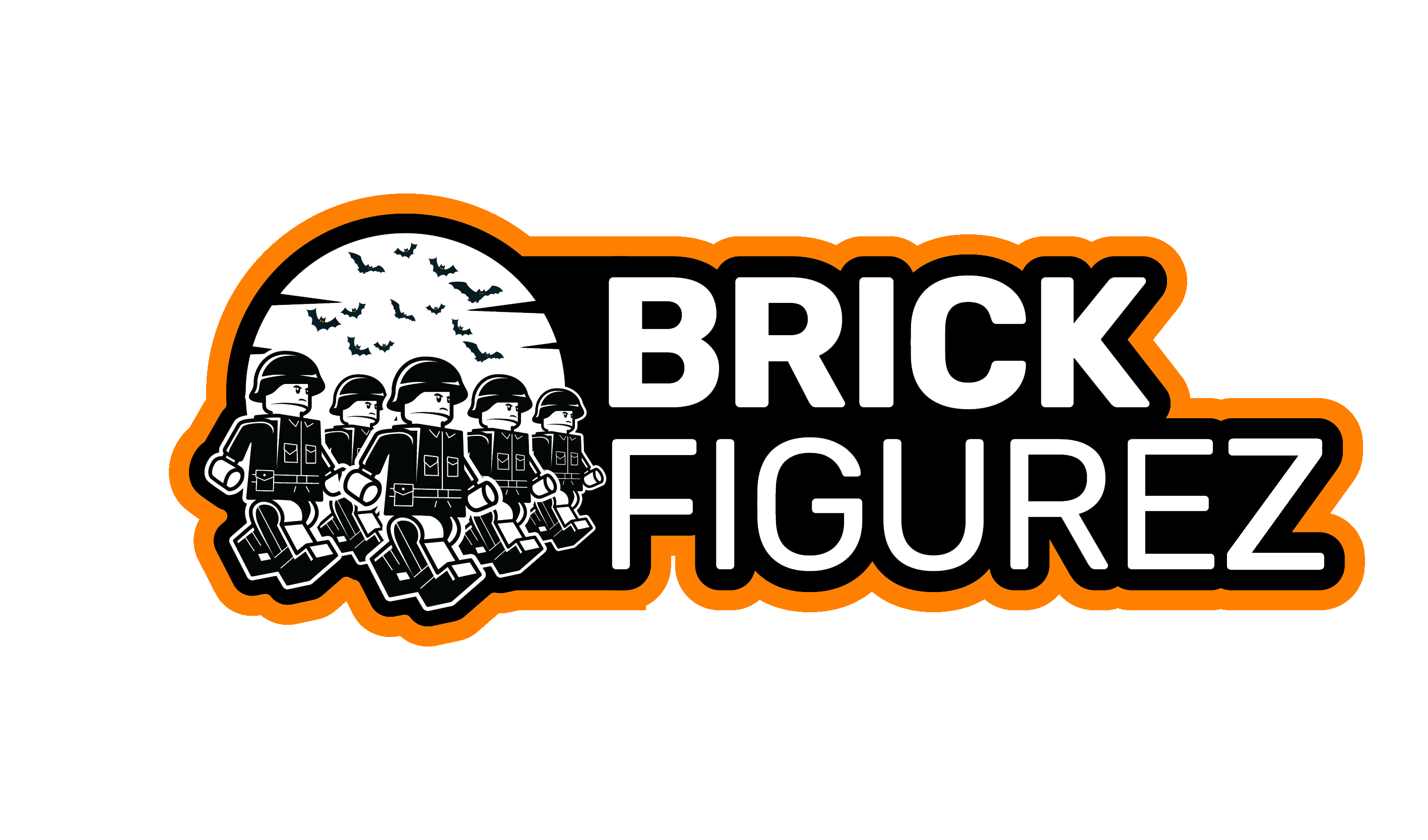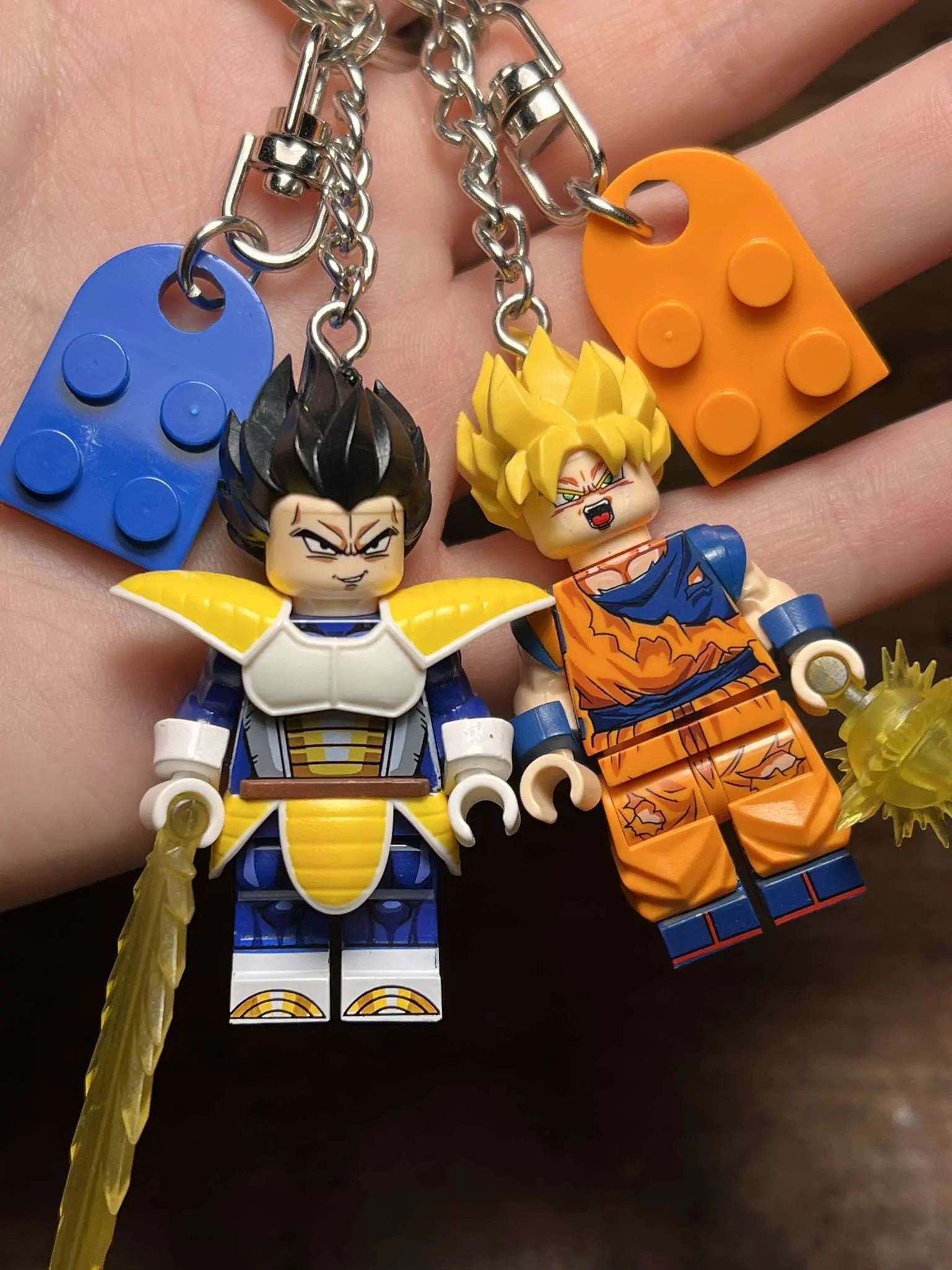LEGO is one of the most beloved and recognizable toy brands in the world, known for its innovative sets, minifigures, and collaborations with major franchises. However, despite LEGO’s vast library of licensed characters, some fan-favorite figures may never get an official LEGO release. This blog explores the reasons behind these exclusions, from licensing issues and brand values to age-appropriate content and market demand.
Licensing Restrictions: The Biggest Roadblock
One of the most significant reasons why certain characters never make it into LEGO form is licensing restrictions. LEGO partners with major entertainment companies such as Disney, Warner Bros., Marvel, and DC, securing exclusive rights to produce sets based on their properties. However, not all companies are willing to collaborate with LEGO or may have pre-existing agreements with competitors.
For example, LEGO has a strong relationship with Marvel and DC, but characters from other superhero franchises, such as Spawn (Image Comics) or Hellboy (Dark Horse Comics), have never been officially produced due to different licensing agreements. If a toy company like McFarlane Toys or Hasbro holds exclusive rights to a certain franchise, LEGO cannot legally produce products based on those characters.
Competition Between Toy Brands
LEGO competes with various toy brands that hold exclusive rights to certain properties. For instance, Playmobil has produced Ghostbusters and Star Trek sets, while Mega Construx has the rights to franchises such as Halo, Call of Duty, and Pokémon. If a company secures a long-term licensing deal with an intellectual property, LEGO is essentially blocked from creating sets based on that brand.
Brand Values and Company Guidelines
LEGO has always positioned itself as a family-friendly brand, maintaining strict guidelines regarding the types of content they associate with. Some characters or franchises simply don’t align with LEGO’s core values, which focus on creativity, education, and child-friendly entertainment.
No Mature or R-Rated Characters
LEGO generally avoids mature, violent, or horror-based franchises, meaning characters from properties like The Walking Dead, Game of Thrones, Breaking Bad, or Mortal Kombat are unlikely to receive an official LEGO minifigure. While these franchises have massive followings, their graphic violence, mature themes, and strong language make them unsuitable for LEGO’s brand identity.
Similarly, popular horror icons like Freddy Krueger (A Nightmare on Elm Street), Jason Voorhees (Friday the 13th), and Michael Myers (Halloween) are not the type of figures LEGO would produce, even though custom LEGO creators have made unofficial versions.
War and Military Restrictions
Another area where LEGO draws a clear line is modern military and realistic warfare. While LEGO has created historical war-related sets (such as medieval knights, pirates, and Vikings), they actively avoid modern military themes to maintain their stance on non-violence. This means characters from franchises like Call of Duty, Battlefield, or even classic war films like Saving Private Ryan are off-limits for LEGO.
However, LEGO does produce sci-fi military-related themes, such as Star Wars and Halo-like figures in custom form, because they exist in a fictional universe rather than reflecting real-world conflicts.
Controversial Characters and Public Image
LEGO is careful about which characters and franchises they associate with, avoiding anything that could spark controversy or public backlash. Some fictional characters, despite their popularity, may never receive official LEGO figures due to problematic themes, controversial histories, or ethical concerns.
Politically and Culturally Sensitive Figures
LEGO has a policy of avoiding political and religious figures, meaning characters such as real-world politicians, activists, or controversial historical figures won’t be made into official minifigures. This extends to characters from politically charged franchises as well.
For example, while fans might want figures based on certain historical events, LEGO avoids creating sets or minifigures tied to politically divisive moments, such as World War II soldiers, Vietnam War figures, or real-world military leaders.
Unlicensed and Copyrighted Characters
Sometimes, characters remain unofficial simply because their creators or copyright holders refuse to license them to LEGO. Some franchises protect their intellectual property fiercely and either refuse to collaborate with toy brands or set extremely high licensing fees.
For example, Studio Ghibli, creators of films like My Neighbor Totoro and Spirited Away, has historically been hesitant about licensing their characters for merchandise. Similarly, popular anime characters such as Goku (Dragon Ball Z) and Luffy (One Piece) have yet to see an official LEGO release because of complex licensing agreements with Japanese companies.
Demand and Market Feasibility
Even if a character or franchise meets LEGO’s brand guidelines, it must also have enough demand to justify production. LEGO invests heavily in research and development before launching a new product, ensuring it will appeal to a wide audience.
If a character is from a niche or lesser-known franchise, LEGO may decide it’s not worth producing because it won’t sell well. For example, while hardcore fans might love to see minifigures based on classic cult films, underground comics, or indie video games, they may not have a broad enough appeal to justify an official release.
Custom LEGO Minifigures: The Alternative for Fans
For fans who want characters that LEGO will likely never produce, custom minifigure creators have become a popular solution. Independent companies and designers create high-quality, unofficial LEGO-compatible minifigures based on a wide range of characters, including those from restricted franchises.
At Brickfigurez, we specialize in designing custom minifigures inspired by pop culture, movies, TV shows, video games, and real life. While we are not affiliated with LEGO, our products are fully compatible with LEGO sets and allow collectors to build their dream minifigure lineup. This gives fans access to figures they may never see in an official LEGO capacity.
Conclusion
While LEGO continues to expand its lineup with exciting new characters and franchises, some figures will likely never receive an official release due to licensing restrictions, brand values, mature content concerns, market demand, and cultural sensitivity. However, for fans who want to complete their collection with unique figures, custom LEGO-compatible minifigures offer an excellent alternative.
At Brickfigurez, we understand the demand for diverse and creative minifigures, and we’re proud to bring fans high-quality, custom-designed figures that capture the essence of their favorite characters. Stay tuned for more releases, and be sure to leave your suggestions in the comments!


Share:
Your Voice is Essential to Our Growth
How Customers Can Provide Feedback or Suggest New Figures